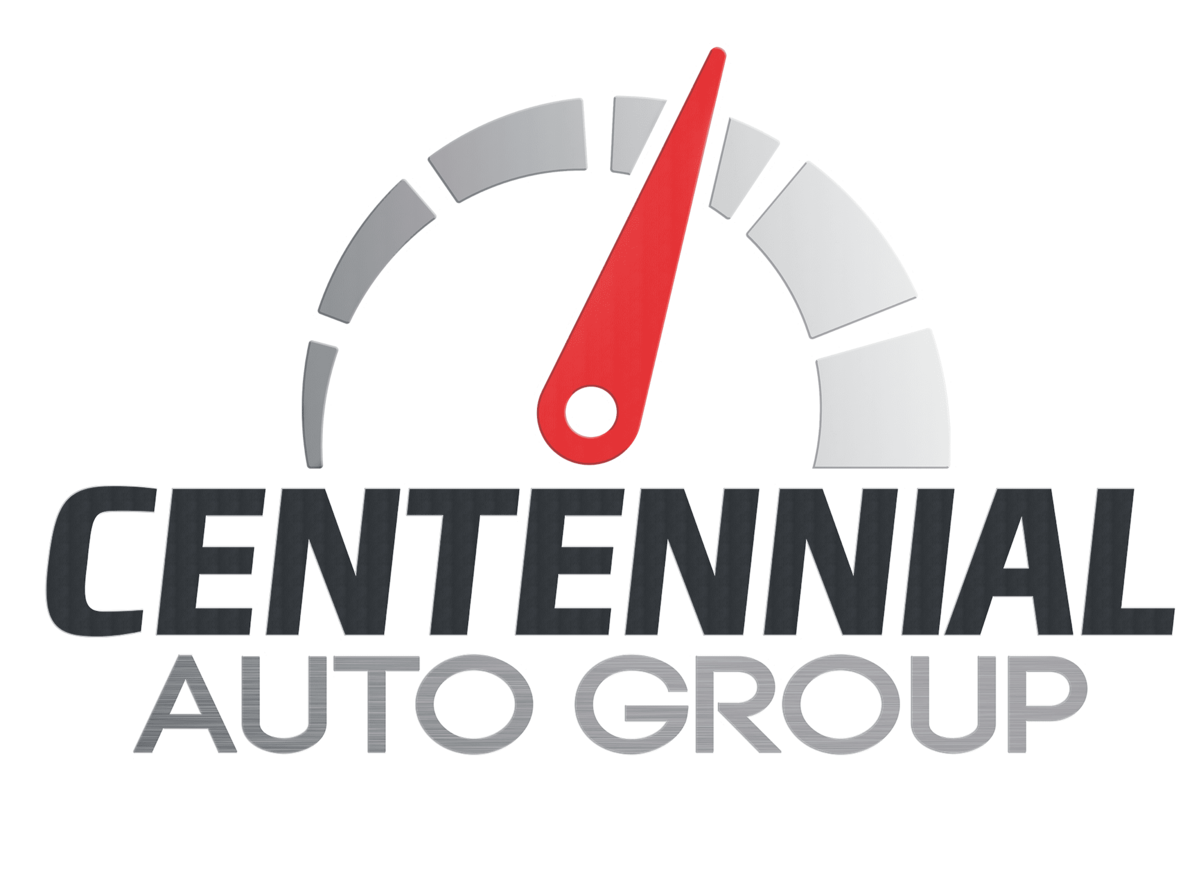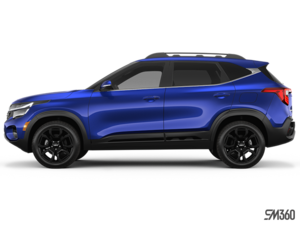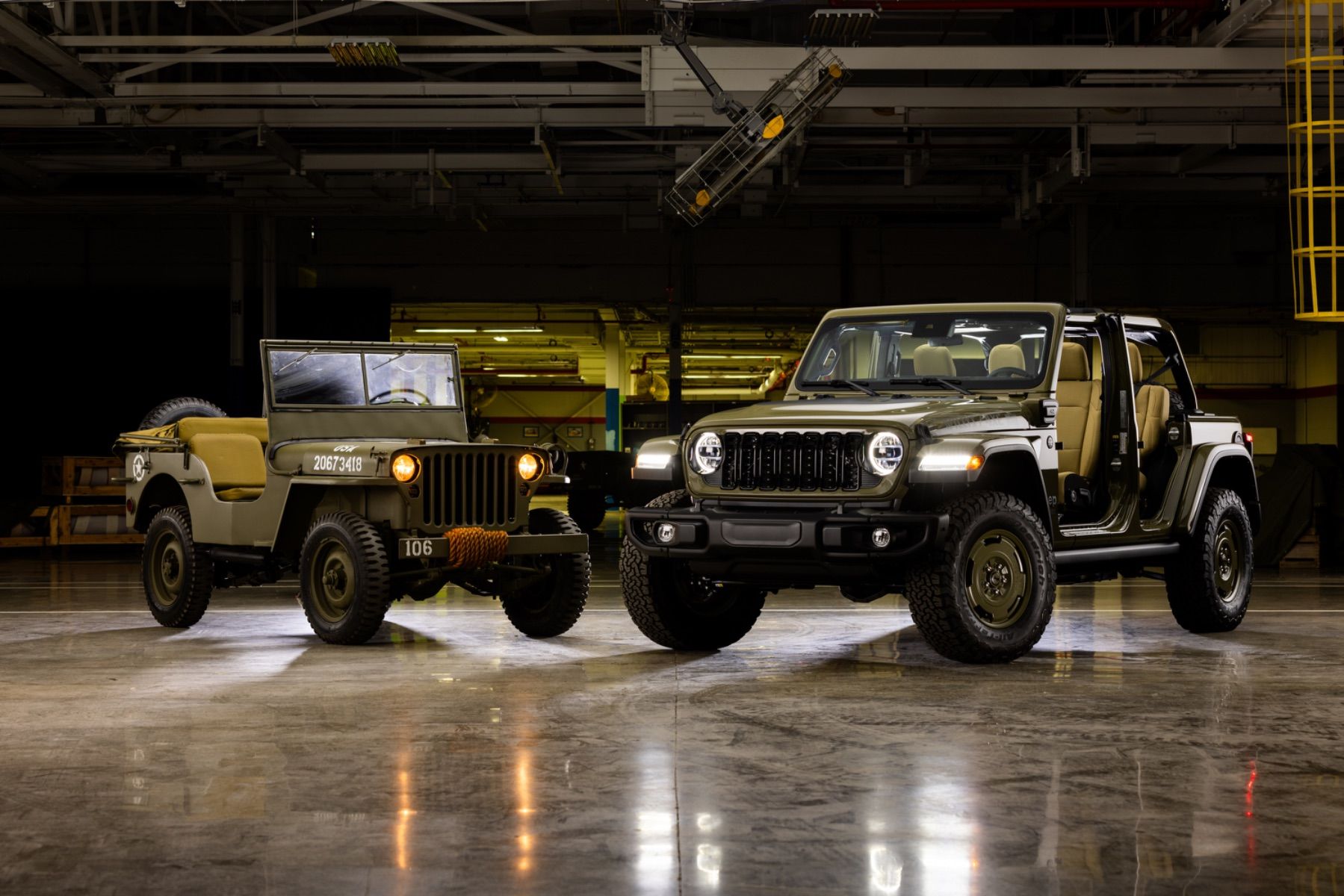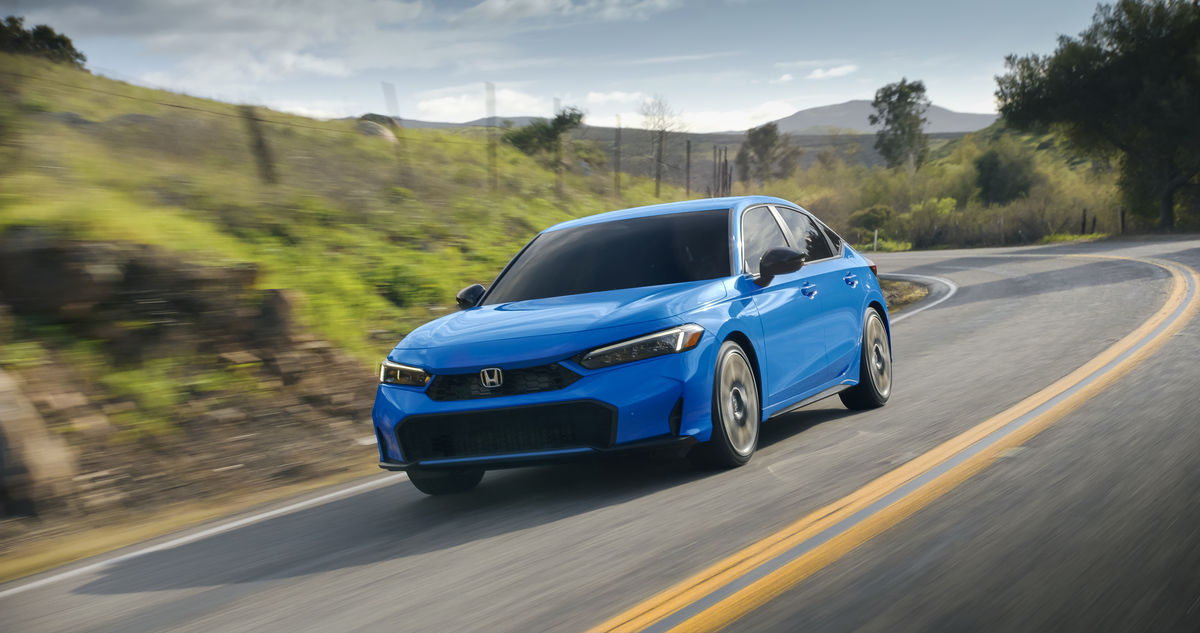5 Reasons You Should Consider Leasing Your Next New Vehicle
November 18 2019, Centennial Auto Group
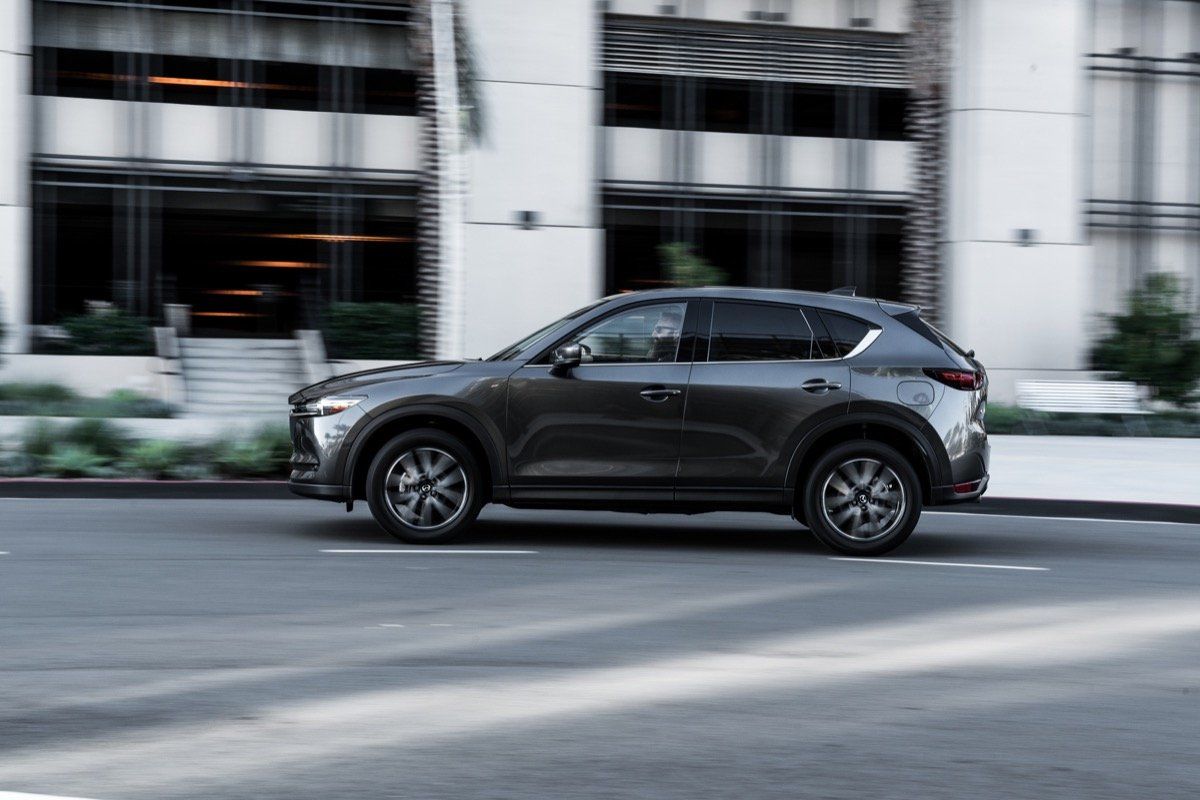
Buy What Appreciates; Lease What Depreciates
Perhaps you heard a horror story decades ago about a suddenly unemployed cousin who couldn't get out of a lease he'd only just begun.
Maybe you heard tell of a co-worker's poorly maintained hatchback that incurred excessive wear and tear end-of-lease charges.
But are stories like those a truly effective form of personal financial counsel?
Setting aside those anecdotal events - wherein the cousin would've been in a difficult situation regardless of whether they'd leased or financed; wherein the co-worker's worn and torn vehicle would have suffered a loss in value whether it was leased or financed - there's a lot more to modern automotive leasing than stories told in a prior century.
For many new vehicle buyers, buying likely won't be the best option at all. There are a wide variety of reasons Centennial Auto Group's customers should consider leasing. We've listed five below.
#1: New Car Frequency
With the rate of technological advancement, safety improvement, fuel efficiency gain, and increased performance zooming forward into the future, new vehicle buyers are increasingly an awful lot like smartphone buyers. "It's time for a new one."
With leasing, switching into a new vehicle is a lot easier: you don't need to worry about selling your vehicle at a fair price or finding a fair trade-in value. That's all arranged at the beginning of your lease. When your two, three, four, or five-year lease is coming to a close, you can simply turn in your vehicle and select a new one. You'll likely benefit from better rates or discounts as a result of your loyalty, as well.
#2: Protection
One major concern for new vehicle buyers, especially those who are selecting progressively longer-term auto loans, is the prospect of making payments on a vehicle that's no longer under warranty. With leasing, it's much easier to match your lease term to the duration of the manufacturer's comprehensive warranty.
In addition to protection via warranty, leasing's predetermined end-of-lease terms mean that a vehicle's end value is already decided. That means you're protected against the possibility of future loss caused by changing market conditions or an evolving economic climate. For example, if you buy a $30,000 car safely assuming it will be worth $10,000 at the end of your six-year financing plan, you could discover that consumer tastes have been modified, and that vehicle is actually only worth $6,000 after six years.
With a leased vehicle's predetermined, set-in-stone residual value, you won't just be "safely assuming" your $30,000 vehicle will be worth $18,000 after four years. You'll have signed a legal agreement that states exactly what the vehicle will be worth at the end of your lease.
![]()
#3: Options & Flexibility
Not only are there a wide variety of options at the beginning of the lease (term duration, payment frequency, various mileage allowances, protection plans, etc.), there are also a number of options at the end of a lease.
First, you can turn in your vehicle.
Second, you can buy or finance your vehicle at the predetermined lease-end value.
Third, you can buy the vehicle at the predetermined lease-end value and then sell it, keeping any potential profit for yourself.
Fourth, you could potentially extend the lease of a vehicle, perhaps for just a short extension, while you determine the best course of action.
Fifth, you could trade in your vehicle. If the lease-end value is lower than the potential trade-in value, it would be prudent to buy the vehicle (essentially on paper) and trade it in, using the difference against the cost of your next new vehicle.
#4: Lower Payments
One key, well-known benefit of leasing are the lower payments. With a lease, you're only paying for the difference (plus taxes) between the original value of the vehicle and the predetermined end value, usually known as the residual value. Since you're only paying for what you use, you're not paying for very much. Thus, your payments are lower, since you're not paying for the entire cost of the vehicle. This leaves more room in your budget for the things you need (insurance, fuel, maintenance, pizza, lobster, snowmobiles) and the things you want (vacation, golf clubs, new cupboards).

#5: Avoid Buying A Depreciating "Asset"
While it's natural to look forward to owning what you're currently paying for, new vehicles are unfortunately nothing more than depreciating assets. In fact, during the process of paying for the vehicle, you don't actually own the asset at all. You've likely heard it said that it's wise to buy what appreciates; lease what depreciates.
Nobody can entirely follow that personal finance path to a T: we don't (and can't) lease food or fuel, for example. But we can avoid paying $30,000 for a vehicle that won't have anywhere near a $30,000 value when we're finally done paying for it. Instead of buying, why not just pay for what you use?
That, in a nutshell, is a lease.
You can compare the costs of financing and leasing over different terms and various mileage allotments at Honda.ca, Kia.ca, Mazda.ca, and Nissan.ca.


